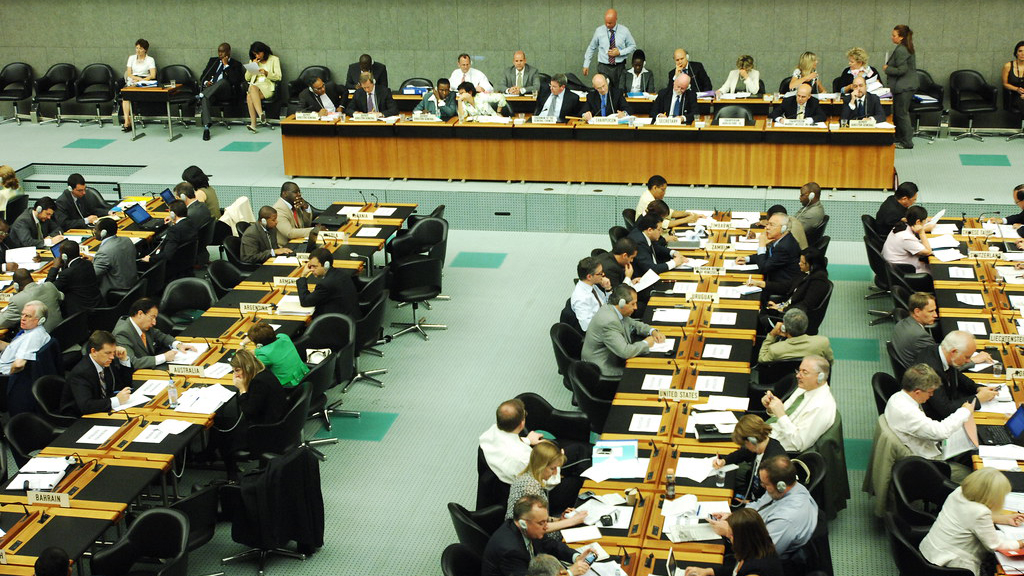Ethical review processes are integral to critical and morally grounded research. But when research is conducted outside of Western contexts, what is the effect of imposing localised and alien frameworks? Keeyaa Chaurey recounts her issues in preparation for field research in South Africa and says to ensure quality data the ethical review should be decolonised.
In summer 2019 I interviewed health practitioners and activists about the state of HIV/AIDS in South Africa and the roles of global intellectual property rights, Big Pharma, morality and branded and generic medications. The most important and difficult aspect of fieldwork preparation was the ethical review process – a mechanism for external accountability, which is engulfed in rich debates.
The ethical review process originates in the US, beginning as a method of regulating the ways medical doctors conducted research on their patients. Nowadays the ethical review process acts as a safeguard against the exploitation of research participants, determining what is acceptable behaviour or methodology for the researcher. Yet, there remains much work to be done to make the process suitable for both non-medical and non-Western contexts.
Interrogations into the ethical review process have two necessary dimensions. First, it is vital we fully understand our position as researchers from an elite university dipping our toe into the lives of peoples in Africa. Second, as researchers it is doubly vital to examine the Western infrastructure of ethics that we bring to the continent and the way it interacts with national and regional ethical frameworks.
Having the opportunity to diverge from top-down research is invaluable as a student, especially in light of the growing global decolonisation movement which questions a type of armchair academia detached from situations on the ground. As a student researcher, I entered into a particular South African history of violently unethical research during the Apartheid era and a broader history of exploitative research in Africa, medical or otherwise. Part of our duty of care as researchers is to understand our place in the systematic extraction of resources before we enter the field.
This understanding of positionality is urgent. It can potentially shift the euro-centrism and ‘saviour complexes’ of many elite university students aiming to work on the continent. While the ethical review process is needed to engage with these issues, we must also take seriously the research ethics framework’s limitations.
These issues played out for me in the debate between written and verbal consent of the interviewed respondents. I proposed to my department that verbal consent would be more suitable for my fieldwork than written consent, due to the short nature of my fieldwork, especially as I would not have the time to build trust with my informants, and written consent would risk ‘contractualising’ my interviews. The ubiquity of bureaucracy and documentation in the West is not universal, and documents can often lead to suspicion of the researcher, leading to ethnographic refusal of various degrees.
Lien Molobela, a South African researcher working in the country, writes about the reluctance by respondents for written consent in their region. Indeed, as Adu-Gyamfi argues, Western universities cannot treat ethics as a ‘one-size fits all’ model. Eventually, after much back and forth with my institution, I gained permission to approach written versus verbal consent on a case-by-case basis. My institution was initially unconvinced that my participants might be thrown by a stranger handing them a document to be signed. Ultimately, I encountered such suspicion when I presented informants with the option of written consent versus verbal consent, and four out of seven informants chose verbal consent over written.
Adu-Gyamfi advocates for a process described by Crigger, Holcomb and Weiss as ‘ethical multiculturalism’, or the understanding that, in the many challenges of cross-cultural research, researchers working in non-global North countries have to adapt ethics to the local context and be culturally literate to understand what that would entail.
The importance of the ethical review process is crucial and should be taken seriously alongside the Euro-American centred ‘standards’ of research ethics, even thought they do not fit neatly into non-Western contexts. In these situations, it is everyone’s responsibility to adapt and shift focus with the goal of decolonising ethics frameworks. Verbal, rather than written, consent is an obvious and simple first step.
Keeyaa Chaurey is the winner of the 2019 LSE Africa Dissertation Prize for her work ‘Pirates and Property: The Moralities of Branded and Generic Medicines’.
Image by StockSnap from Pixabay.





